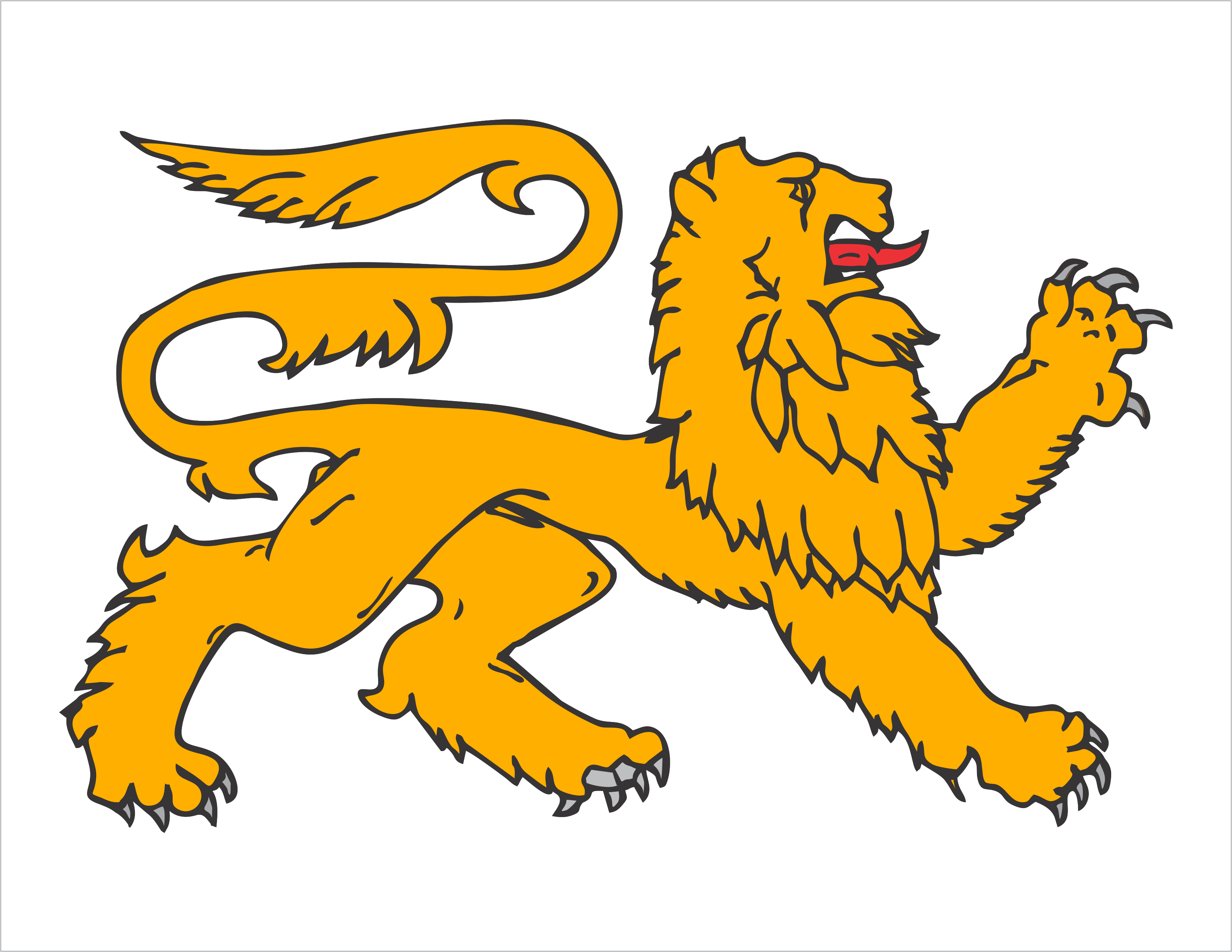 |
 |
 |

Wrestling with Esau's Spirit
"Teach me thy way, O L-rd, I will walk in thy truth; unite my heart to fear thy name."
- Psalm 86:11
The Jabbok River is associated with the struggle between good and evil, since it was there that Yaakov wrestled with the "spirit of Esau." The famous event gives us a Torah psychology glimpse into the archetypal struggle in every human being. There are many rabbinic speculations and explanations about this struggle. Regardless of what the nature, level or dynamic of the struggle may have been, "the spirit of Esau" was and still is, an expression of unrectified human nature directed by one's evil inclination and influenced by external evil forces. This struggle is "archetypal" because it is the recurring, universal developmental struggle in every human being. It was "cosmic" because the participation of the "external evil forces" directed by the incredibly powerful overall angelic ruler whom G-d is letting dominate most of the world. The Creator is using him to serve His purposes of teaching man the great lesson of the Tree of Knowledge of Good and Evil: to choose wisely between good and evil. Mastery of this lesson is a must before access to the Tree of [Eternal] Life is given. Having been a "covering cheruv," (Isa. 14, Ez. 28), he is now the de facto king and ruler of the nations of the whole world. He is opposed to Israel and Israel's G-d. He inspires the nations with his false light, his "guiding spirit," and dominates each successive [non-Israelite] world power in every age. We get a glimpse into these governing powers in the Book of Daniel, (Dan. 10). He was in the Garden of Eden, and it is against him that the other, loyal cheruvim with "a revolving flaming sword," [a Divinely authorized ultimately destructive fire/power] were placed at the entrance to Eden. They were placed there lest in that powerful, spiritual setting he immediately further "lead and inspire" Adam and Eve in an ungodly quest for eternal life in proximity of the Tree of Eternal Life. (Gen. 3:1-5, 24).
We have now caught a hint of what this means in terms of the mystical dynamics of the struggle between Israel and the nations. The struggle between Jacob and Esau is an archetypal struggle. It means that this pattern is not only the ever-repeating pattern of Esau's legacy, the seemingly justified accusation and persecution of Israel by the nations in every age on an external world scale. It also serves as the fundamental pattern for the universal struggle between the misguided intellect, (inordinate self-importance), and unbridled emotions in every human on an internal personal scale. In Torah psychology this struggle mirrors, typifies and explains the universal struggles in the emotional and intellectual maturation of individuals. The intellect is by nature more abstract, calculating and objective. By contrast, when guided by unbridled emotions, people are more likely to make uncalculated, unevaluated and hurried choices like Esau did. His choices were based on "what immediately "felt" good for him, i.e. serving his immediate, short term, ego-centric needs," rather than "what was objectively good for him and for others on the long run." Like with Esau, when he sold his birthright for a pot of soup to satisfy his immediate bodily needs, hasty emotional reactions render humans to be open to immediate self-centeredness, which diverts their consciousness from being G-d-led. In turn they become even more receptive to being directed by their own evil inclinations. Subsequently they become more subject to be lead by by external evil and destructive forces. Evil also gains footholds in and makes inroads into an individual via the intellect, e.g. idolatry and other wrong, error-based beliefs about anything. However, the most dangerous confrontations between good and evil occur in one's psyche, i.e. soul, at the level of the emotions. For a working definition, emotions can be understood as the "energies," the motive forces which arise from the core of the human psyche / soul. They push and fuel one's thinking and inclinations, be they for the better or the worse. These "energies" give us sensory feedback about relationships, e.g. anger, elation, sadness, hatred, fondness, etc. They tell us what our relationship is with a person, a place, an event, thing or idea. Because the emotions are such a pivotal part of the psyche, it is most crucial that the inner developmental battles be won at this level.
Most people's intellects, which are supposed to hold reason and principles of what is right and good, are constantly attacked, overshadowed and dominated by their undisciplined and unbridled emotions. We can see this from the fact that Esau sought to attack Yaakov when he had apparently completed his development of an insightful intellect, and was ready to enter the Land of Israel. Yaakov's entire sojourn outside the Land of Israel has been envisioned by some as the process of the maturation of the intellect through the study of G-dly principles. Mystics say that in the schema of Torah psychology, the seven native pagan nations in the Land are types of our unregenerate raw emotional drives. Of these nations G-d warned Israel that "they are mightier and greater than you," (Deut. 7:1). They picture and typify the native unrectified emotions in humans, which must be conquered, subdued and harnessed if we are to do justice to human purpose on this planet and to the lesson of learning to be loyal to G-d. Only then can we serve G-d with whole, i.e. not split hearts, and only then are the meditations of our hearts, i.e. the patterns of unconscious motivations, be pleasing to G-d. When Yaakov turned his attention to the Land, he also did so to "the land of the emotions." It was there that proud Esau, threatened by Yaakov's perceived usurpation of his hegemony over the emotions, prepared to do battle with Yaakov. This historical event can serve as the master pattern for recurring episodes of unbridled emotional domination in one's life. Even when one is enlightened by G-d's calling, has learned some Torah principles, and seemingly sails along calmly, one can be easily lulled into the illusion that intellectual preparation and enlightenment with Torah truths, are all signs of what one needs for a holy life. It is then that "the spirit of Esau," i.e. untamed emotions raise their ugly heads into one's illusion of inner peace and often relational, external peace. One can be suddenly assaulted and led by surfacing unredeemed emotional reactions, which testify of the need for more healing and growth. They point to the need for the hard work of rectification and redemption of forgotten, emotions-ruled, split-off parts of one's heart, i.e. psyche / soul." They point to the fact that one is in need of healing, i.e. having one's heart integrated and united, so one does not limp, but "walk in G-d's way and truth," (Psalm 86:11).
The more subjective nature of the emotions is a liability and weakness purposefully and divinely built into the human psyche. The paradigm is very similar to that in the story of Dr. Jekyll and Mr. Hyde. It is one of the reasons we have to "learn in the school of this life." In this "school" we have to master the emotional and other bodily drives that come with our animal-based bodies. Metaphorically, having some part of them dislocated can easily injure this level of the psyche. Like at the time of the dislocation of Jacob's thighbone at the hip, the combined forces of the "evil inclination" of one's native self, plus the pressures of outside debilitating, parasitic and destructive evil influences of others can prove to be "mightier and stronger" than we think we are. Evil can gain a foothold in our animal body-based psyches and make us vulnerable, make us behave erratically, and make us lead our lives in an impaired manner, i.e. "make us limp along our life's way." Thus we see that Jacob, the progenitor of the twelve Tribes of Israel, does not come into his healing and strength till the drive and force of divinely inspired thought forms dominate and lead his intellect, and consequently, his emotions. When he draws on that strength and allows it to harness, direct, pattern and lead his emotions, only then does he win over the inordinately proud spirit of his twin brother, i.e. his shadow self, "the spirit of Esau." Only after he wins over his nemesis, i.e. his own evil inclination , only then is Yaakov renamed Isra-El, "one who prevails with G-d's strength," (Gen. 32:28). Only with G-d's strength did Yaakov prevail and win over his own evil inclinations and the powerful external forces empowering them. We can learn from Yaakov's archetypal struggle, that the spirit of Esau, which is in all humans, leads to pure idolatry, for in essence all idolatry is traceable to the idolatry of the self. It is the choice to be self-driven instead of G-d driven. It is the tendency to be driven and dominated by totally selfish, power-seeking, untamed, unbridled, uneducated-Torah-principles, unredeemed and unrectified emotions. We are all subject to "naturally" choose, Esau's way of being in the world. That "natural inclination" leads to idolatry of one's own self. We can also choose to be fortified by the Torah and G-d's strength added to our strength in order to prevail and win over our "evil inclination."
As he prepared to do battle with Esau's "spirit," Yaakov summoned all the G-dly energy he needed for this battle. This means that he drew on his secret strength, the internalized G-dly, Torah principles in his soul, melded with his intellect, written on his heart. That means that the Torah principles were integral parts of his conscious mind and most importantly his unconscious mind. This is important for most our motivations are triggered by the contents of the unconscious parts of our minds. Yaakov, prompted by the integrated Torah principles in his soul, called upon G-d to enable him to be led by them. He did not lose his head, i.e. intellect, in an emotional struggle. He prevailed with his Torah principles-infused and fortified human nature, plus the all-important summoned Divine help of the Ruach over the spirit of Esau and its helper / angel, the Serpent / Nachash. Likewise, in each individual's personal struggle to rectify and redeem the tendency of self-serving and self-centered emotional reactions, it is paramount to wage this archetypal war not on one's strength alone, but with the internalized Torah principles moved into action by the additional soul of Israel, the Ruach haKodesh, (Zech. 4:6). The message is clear: unless we fortify, modify and augment our human natures with Torah values, and the addition of G-d's holy Spirit to our own natural human spirits, we will remain "natural man," guided by our own "natural inclinations." It is imperative that we go through this altering of our human natures and be elevated by the infusion of G-d's Torah and His holy Spirit. This is our destiny as children of G-d. Otherwise we will remain bnei Adam, / children of man. Let's get on with G-d's program and ask for His help for all of us individually and collectively. It is time that we do so.
Suggestions on what to do:
Contemplate these principles, your own emotional history, and the "wrestling" you need to do with your own emotional nature. Ask the G-d of Yaakov to help you retrain and redeem them. Be active on a specific program to retrain your emotional reactions.
Home - About - Foundation Articles - Repentance - Prayer - Prayer Projects - Holy Days - Guest Authors
Polices & Disclaimers - Q & A - Links - Of Interest - Books
articles copyright © 2004 Steve Mathe and others as noted.
website design and coding copyright © 2004 Electric Scribe and others as noted